GOTY 2012
I've somewhat reluctantly created this list of my favorite games of 2012, but be warned that any GOTY list I make which only includes games actually released during the last 12 months is going to be wildly misleading. Like most non-video game journalists I don't have a very compelling reason to only play the latest releases, and any complete account of my gaming adventures of 2012 would include, among other things, a first-time playthrough of MGS1-2 and a lot of time spent replaying games like Mass Effect 1-2 as well as the PC ports of Halo: Combat Evolved and Halo 2.
Also, this list only includes games I actually played through from beginning to end. Relatively complex strategy games such as XCOM, quick save-lacking RPGs á la Dark Souls and MMO time sinks along the likes of The Secret World and Old Republic simply don't fit into my everyday schedule very well, and as a result of that I never had enough time to get through all the singleplayer content (even though I spent a far amount of time with all these titles). As for much-discussed The Walking Dead, I sort of lost interest in the (somewhat problematic and uneven) game after the first three episodes, but it's still possible that I will finish the remaining episodes before the end of the year.

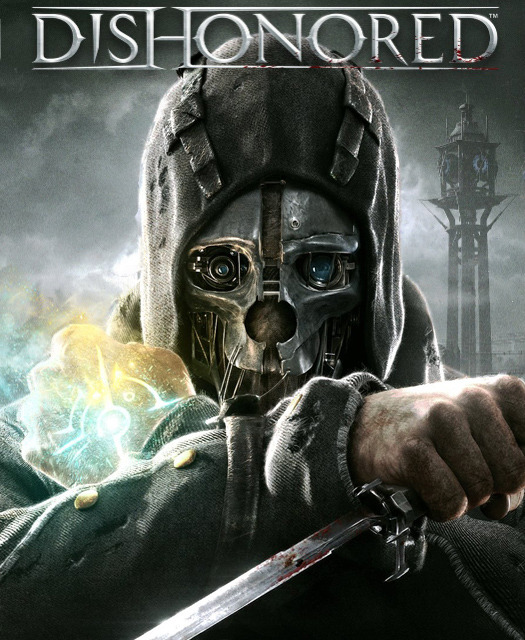
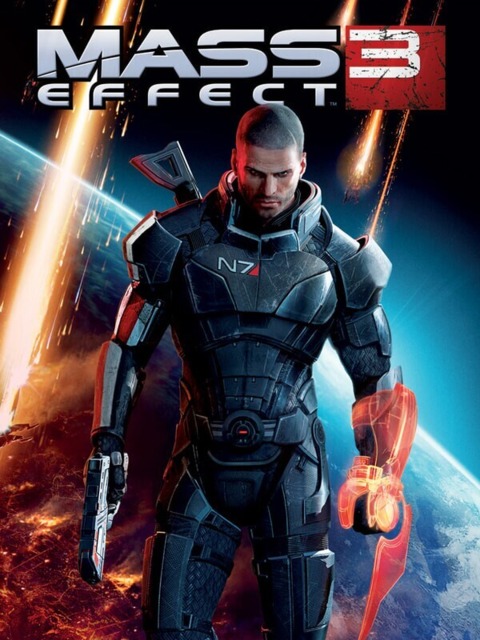
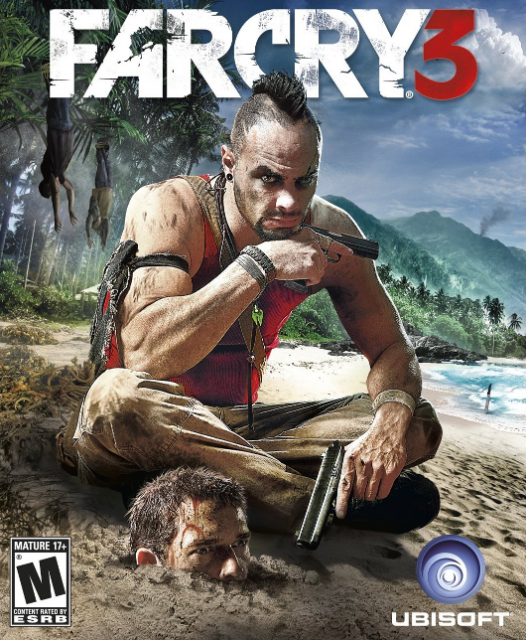
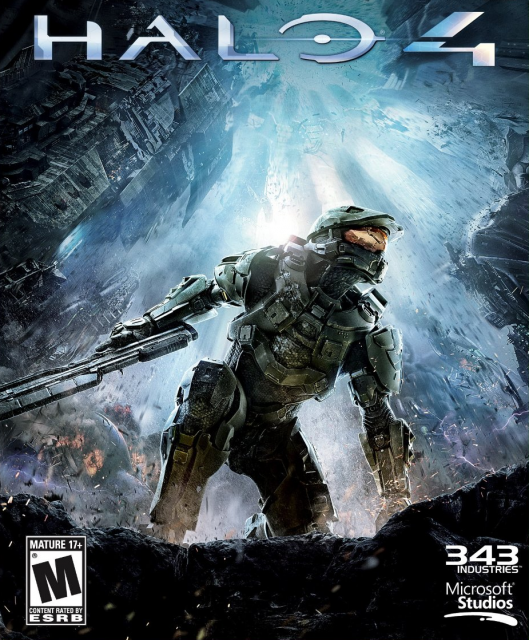
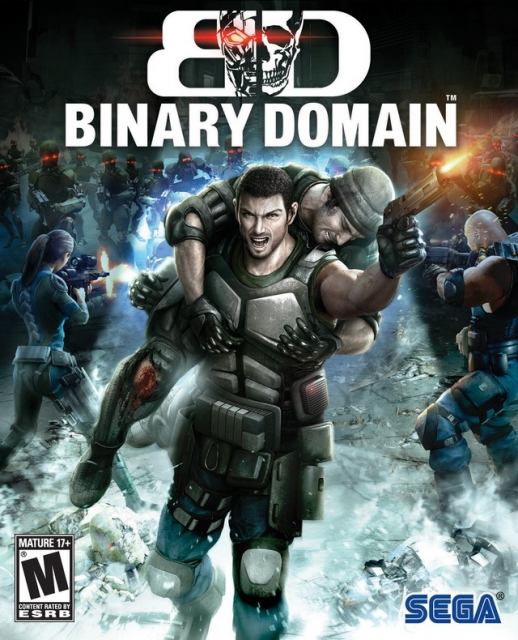
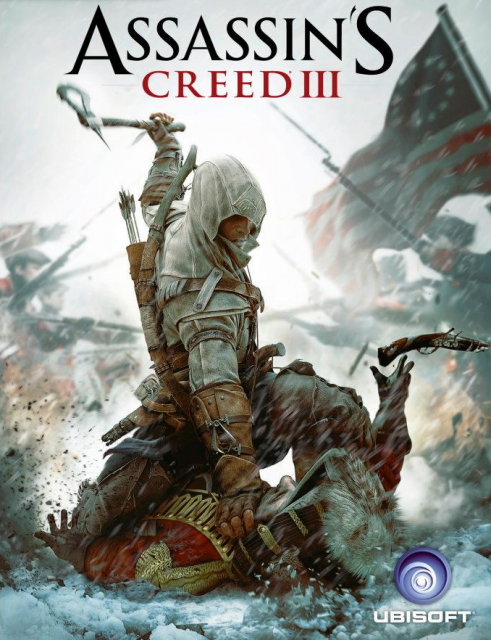
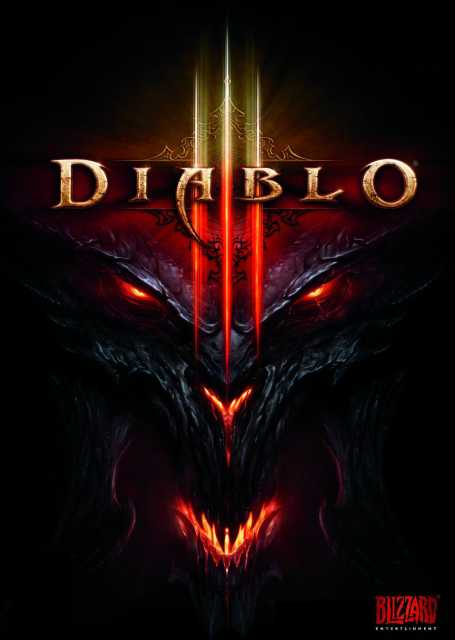
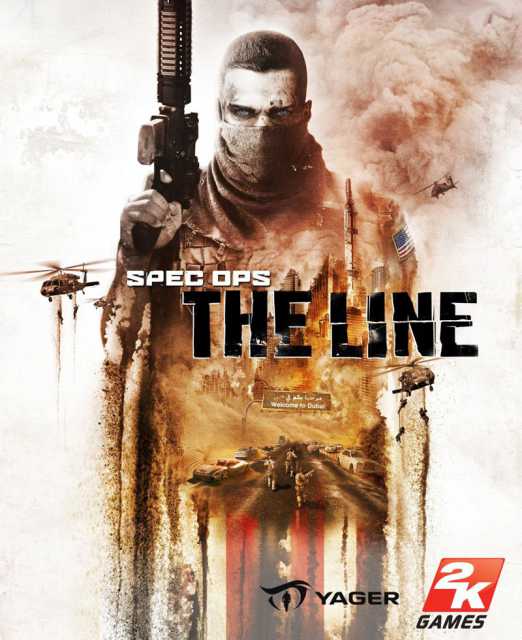
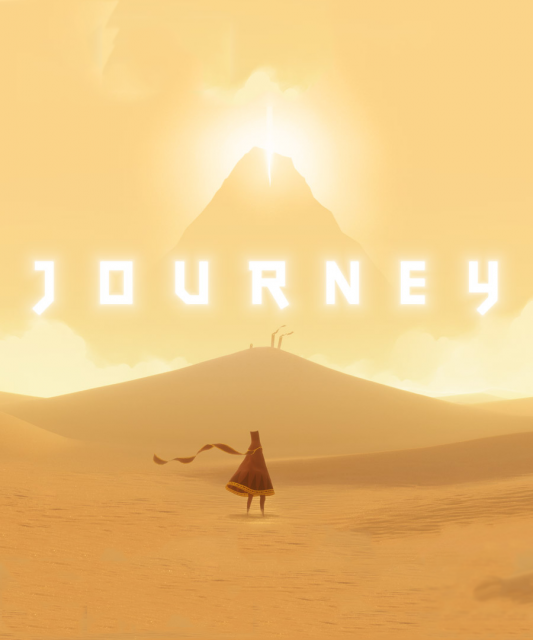
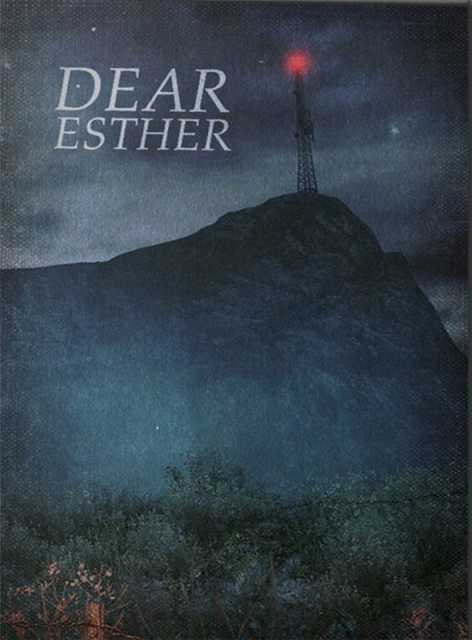
0 Comments